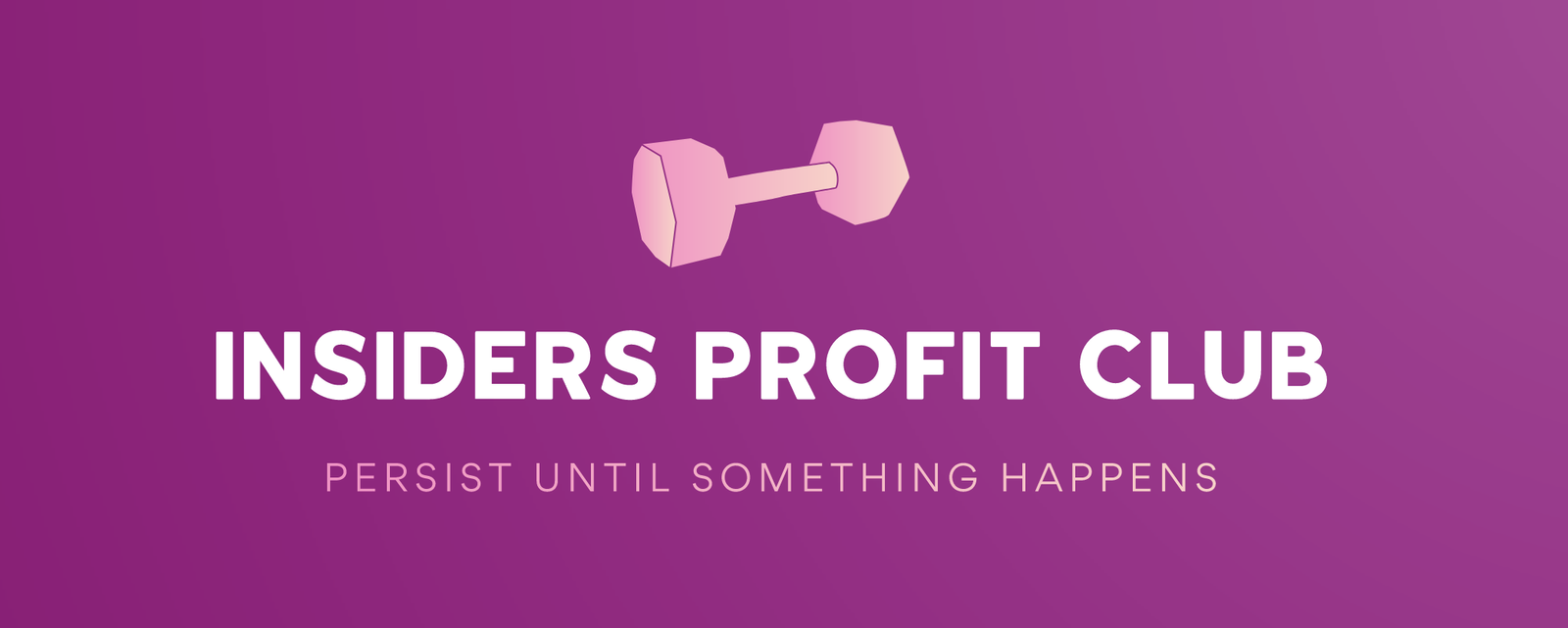HOW TO AVOID MUSCLE PAIN?ULTIMATE GUIDE
Pain: Did you overwork your muscles on your last outing in the mountains and wake up with leg pain? Did you adopt a funny position last night and you had a bad back when you woke up? These pains are probably muscular!
If you have muscle pain, make an appointment for a physiotherapy consultation.
What is muscle pain?
Back, arm, leg, thigh… muscle pain or myalgia can affect the whole body
Whether we have back, shoulder or leg pain, we tend to link our pain to our muscles. Often, with good reason. Muscle pain or myalgia, in medical jargon, can take many forms. Aches, muscle cramps, muscle spasms, muscle strains or sprains (sprained knee, sprained ankle, sprained wrist) are some of them.
The location, intensity and frequency of muscle pain vary from individual to individual. In some people, they only affect very specific parts of the body. Other people experience overall pain.
How to get rid of muscle pain? Our 5 tips to relieve you
Have you just put a vigorous effort on your body and you feel like a train has run over you? Do your telework days cause you muscle pain? Here are four tips to relieve you.
Give your body a rest. Limit your physical activity, without stopping it completely.
Apply heat (for 15 minutes) or ice (for 7-10 minutes), or a combination of both. Go with what relieves you the most!
Massage and/or stretch the painful limb(s), if this relieves you. Otherwise, stop.
Gradually resume your activities, adopting good habits. Do not force too much on your body, listen to yourself.
If your pain is related to repetitive movement or poor posture in your work or physical activity, get help from a healthcare professional. A few physiotherapy sessions could be enough to give you the keys and avoid injury.
If your pain persists after several days, make an appointment with one of our physiotherapists to treat your injury, if there was an injury.
Our 5 tips to prevent muscle pain
Preventing muscle pain is not always possible or even obvious, due to the great diversity of the natures that they can have. If we are talking about muscle pain related to sports practice or a professional setting, however, some good advice can be applied to limit their appearance.
Warm up to gently wake up your muscles and warm them up.
Hydrate regularly before, during and after exercise.
Gradually increase your training load (volume, intensity).
Stretch after exercise. This decreases the risk of injury and the intensity of muscle pain!
Let your body rest. Muscles need time to recover.
What causes muscle pain?
Muscle pain does not make a difference with a person’s age or sex. Everyone is likely to suffer from it!
It should be noted that athletes are particularly likely to be affected by muscle pain, because of the efforts imposed on their body.
The origin of muscle pain can be diverse. They can follow a trauma such as a fall; excessive or unusual effort imposed on his body, poor posture or repetitive movement.
We are not necessarily aware of it, but the rhythm of daily life can also cause us pain. Since the pandemic, work-related muscle pain has skyrocketed.
Fatigue or stress are other factors that can lead to muscle pain, as can disease or deficiencies.
What disease causes muscle pain?
Different diseases can give and cause muscle pain. Viral diseases such as the flu or angina can lead to muscle pain. The symptoms differ from one individual to another, so they are not systematic.
Fibromyalgia is another disease, chronic this time, which gives, among other things, constant muscle pain.


What are the symptoms of muscle pain?
Every part of the body can be affected by muscle pain. However, pain in the back, legs or arms is common.
Different symptoms can accompany pain, such as tingling, a feeling of numbness, a burning sensation or even discomfort or discomfort in the execution of movements.
If the symptoms persist after a few days, and they disrupt daily life, it is recommended to consult a health professional.
What are the signs and symptoms of muscle inflammation?
The first thing to understand is that not all muscle pain is associated with inflammation. A cramp, for example, does not correspond to an inflammation of the muscles, but to a muscular contraction.
On the other hand, when we talk about contractures or even muscle tears, there is indeed an inflammation of the muscles. Symptoms differ from condition to condition, its severity, and the person’s experience.
In the case of a torn muscle, for example, symptoms could include sharp, stabbing pain; hematoma or edema.
Fibromyalgia: what is it and how to recognize it?
Although it is quite common in the Canadian population, the causes of fibromyalgia are not always identifiable. It was recognized as a chronic disease by the World Health Organization in 1992. Different factors could explain its appearance, whether social or psychological factors.
This chronic disease causing, among other things, muscle pain would particularly affect women.
This could be explained by one of the supposed causes of fibromyalgia, hormonal disorders, such as menopause.
Muscle pain, often constant, is one of the symptoms of fibromyalgia. They can be accompanied by joint pain, fatigue, sleep disturbances or even symptoms associated with depression.
Fibromyalgia can greatly disrupt the daily lives of people who suffer from it, and in some cases cause professional incapacity.
Physiotherapy helps to treat the symptoms associated with fibromyalgia, in order to relieve the patient’s pain. Treatment could include stretching exercises, stress management, counseling or education.







